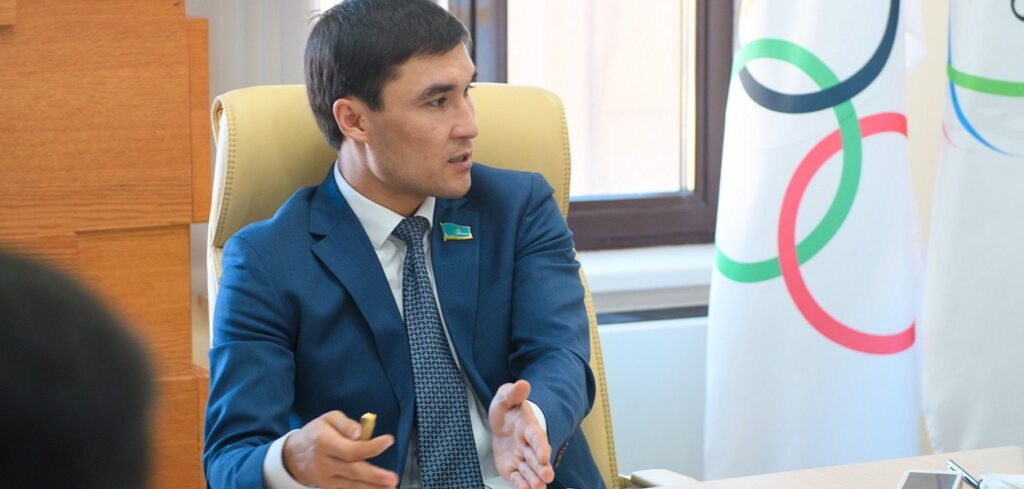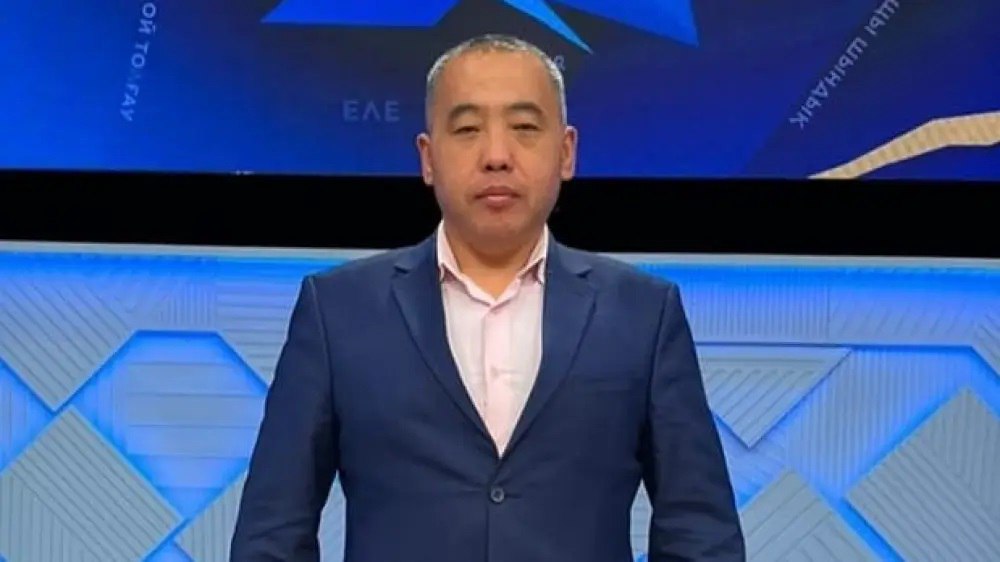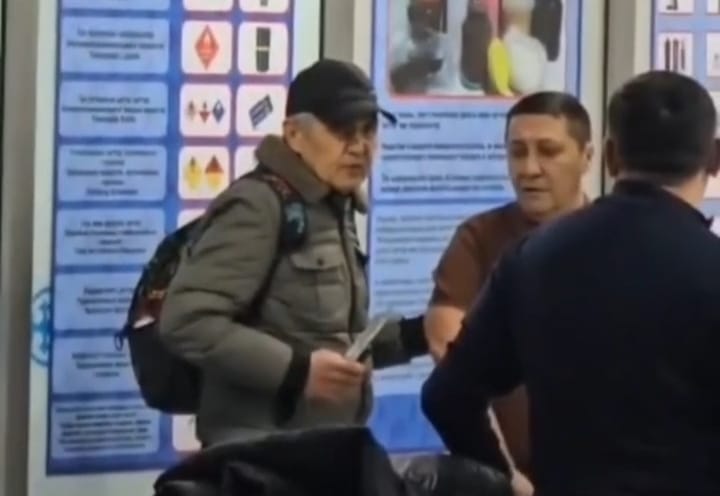Olympic Boxing Champion Serik Sapiyev Assaulted by Deputy
A criminal case has been opened in Kazakhstan following the assault of Olympic boxing champion Serik Sapiyev by his deputy, Dauren Esimkhanov, in the Karaganda region’s Department of Physical Culture and Sports. The incident has triggered public outcry and intensified scrutiny of internal dynamics within the regional sports administration. Sapiyev, who currently heads the department, stated that the altercation was work-related. While the regional administration urged the public and media not to draw premature conclusions, it acknowledged that Esimkhanov had committed an offense and must be held accountable. A native of Karaganda, Sapiyev rose to prominence after winning gold in the 69 kg weight category at the 2012 London Olympics, where he was also awarded the Val Barker Trophy for most technical boxer. A two-time world amateur champion and two-time Asian champion, Sapiyev retired from professional boxing in 2012. He launched a political career the following year, becoming a UNESCO Goodwill Ambassador in 2013 and later serving as a deputy in the Mazhilis, Kazakhstan’s lower house of parliament, in 2017. In 2018, Sapiyev stepped down from parliament to lead the Committee on Sports and Physical Culture under the Ministry of Culture and Sports. He left the ministry in 2021 and, in late 2024, assumed his current position in Karaganda. The altercation reportedly took place on January 21 at a sports complex in Karaganda and was confirmed by local police. The Karaganda Region Police Department announced a criminal case based on a statement from the 42-year-old Sapiyev, citing grounds of assault. Esimkhanov, a sambo champion with accolades at both the Asian and world levels, has not denied involvement. Sapiyev addressed the incident on Instagram, asserting that the conflict stemmed from attempts to interfere with staffing decisions in the region's sports institutions without his knowledge. “I want to clarify: what happened was not a personal or domestic conflict, but rather resistance from certain individuals who have unofficial influence in the region,” Sapiyev wrote. “Without my knowledge, an attempt was made to illegally rotate the heads of sports organizations in the region. When I discovered this, I tried to stop it peacefully. I want to openly state that no provocations will shake my determination to implement systemic reforms in Kazakhstani sports, which the head of state has repeatedly spoken about.” In response, Esimkhanov claimed on social media that misinformation was being spread. “Currently, information that does not reflect the objective reality is being circulated. I ask you not to succumb to provocations and attempts to destabilize the situation by unscrupulous individuals,” he wrote. Ermaganbet Bulekpaev, the Akim of the Karaganda region, whose office oversees the department, called for caution and restraint while the investigation is underway. He confirmed that the Department for Civil Service Affairs will conduct a full inquiry, including a comprehensive audit of the department’s operations. “There has been a violation, and responsibility must be taken for it,” Bulekpaev stated during a staff meeting. “An investigation is underway, and each action will be given a legal assessment.” The scandal comes on...






